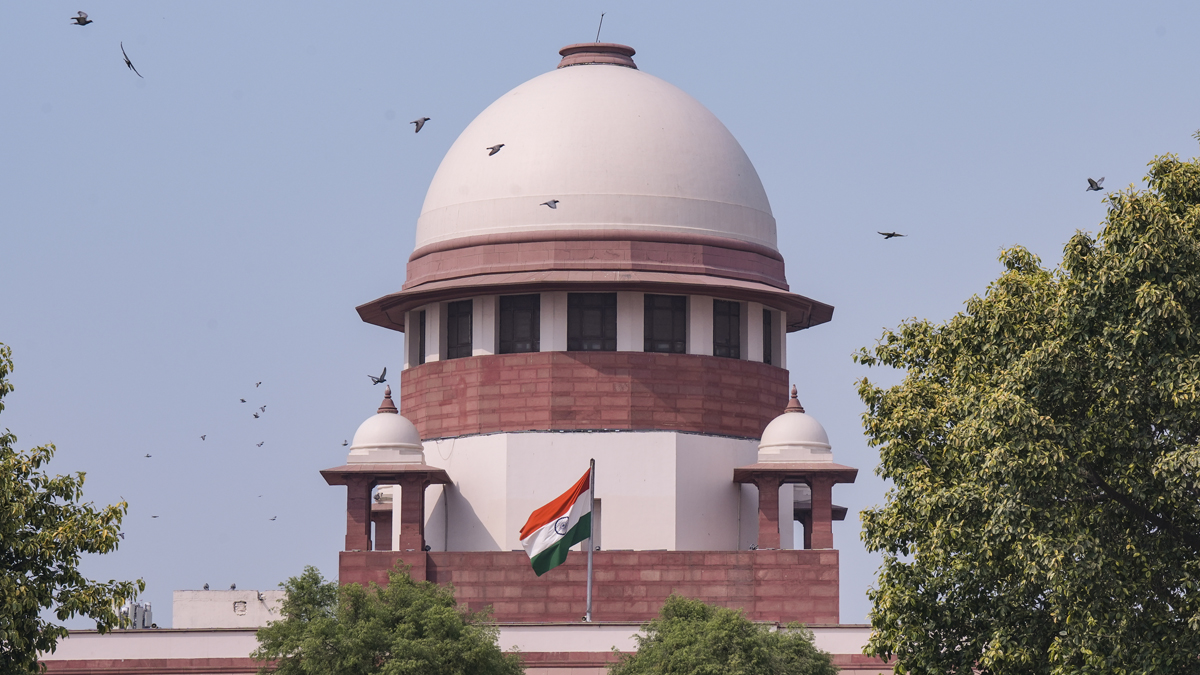Supreme Court directs West Bengal to pay state govt employees pending DA within four weeks
 New Delhi: View of the Supreme Court of India, in New Delhi, Wednesday, April 16, 2025. The apex court has begun hearing on a batch of petitions challenging the constitutional validity of the Waqf (Amendment) Act, 2025. (PTI Photo/Manvender Vashist Lav)(PTI04_16_2025_RPT222B)
New Delhi: View of the Supreme Court of India, in New Delhi, Wednesday, April 16, 2025. The apex court has begun hearing on a batch of petitions challenging the constitutional validity of the Waqf (Amendment) Act, 2025. (PTI Photo/Manvender Vashist Lav)(PTI04_16_2025_RPT222B)
In a significant setback to the West Bengal government, a Supreme Court division bench of Justices Sanjay Karol and Manoj Misra on Friday directed it to pay 25 per cent of the outstanding dearness allowance (DA) owed to state government employees within four weeks.
Earlier, the court had suggested that the state release 50 per cent of the pending DA. Reportedly, the division bench said it had reviewed the orders of the Calcutta High Court and the West Bengal Administrative Tribunal. “You must immediately pay at least 50 per cent of the pending DA,” the court said.
However, senior advocate Abhishek Manu Singhvi, representing the state government, argued that it was not feasible to pay the amount, claiming it would severely impact the state's ability to function. “The government simply does not have the capacity to disburse such a large amount at once,” he told the court.
Following this, the court instructed the state government to submit an affidavit detailing how much DA has already been paid and how much remains pending. After hearing the state’s position, the division bench directed that 25 per cent of the pending DA be paid within four weeks. The next hearing is likely to take place in August.
The dispute between the state government and its employees over the DA payment has been going on for a long time now. A section of employees had petitioned the Calcutta High Court, demanding that their DA be brought in line with that of central government employees.
In May 2022, the High Court ruled in their favour. However, the West Bengal government contested this verdict by filing an appeal in the Supreme Court in November 2022.
Since then, the case has faced several delays, with multiple hearings and adjournments caused by scheduling issues and changes in the judicial bench.
India